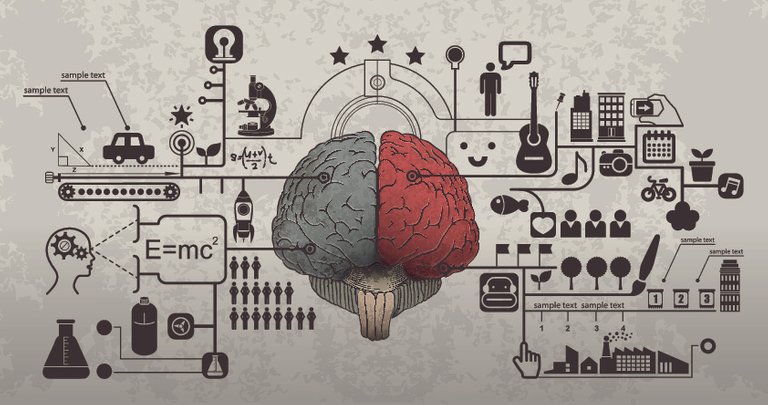Cognitive psychology is a branch of psychology that focuses on the mental processes involved in perceiving, thinking, learning, and remembering. It aims to understand how people process information, make decisions, and solve problems. Cognitive psychologists study a wide range of topics, including attention, memory, language, perception, problem-solving, and decision-making.
Cognitive psychology has had a significant impact on the field of psychology and has led to the development of several important theories and approaches, including cognitive behavioral therapy (CBT). CBT is a type of psychotherapy that focuses on the connection between thoughts, emotions, and behaviors. It is based on the idea that our thoughts and beliefs can affect our emotions and behaviors, and that changing these thoughts and beliefs can lead to changes in our emotions and behaviors.
One of the key concepts in CBT is the idea of cognitive distortions, or biased ways of thinking that can lead to negative emotions and behaviors. These distortions can take many forms, including overgeneralization, all-or-nothing thinking, catastrophizing, and discounting the positive. By identifying and challenging these distorted thoughts, individuals can learn to think more realistically and rationally, which can lead to significant improvements in mood and behavior.
CBT often involves the use of techniques such as exposure therapy, which involves gradually facing and confronting feared situations or objects in a controlled and safe environment. It may also include the use of relaxation techniques, such as deep breathing or progressive muscle relaxation, to manage anxiety and stress.
In addition to these techniques, CBT often involves setting and working towards specific, achievable goals. This can help individuals feel a sense of progress and accomplishment, which can be an important factor in the success of treatment.
While CBT has been found to be highly effective for many people, it may not be the right treatment for everyone. Some people may prefer a different type of therapy, such as psychoanalytic therapy or dialectical behavior therapy, or they may prefer a combination of different therapies. It is important to work with a qualified mental health professional to determine the most appropriate treatment approach.
Cognitive psychology and CBT have made significant contributions to the field of psychology and have helped countless individuals improve their mental health and well-being. By understanding the mental processes involved in perception, thinking, and behavior, we can develop effective strategies for managing mental health challenges and improving quality of life.
